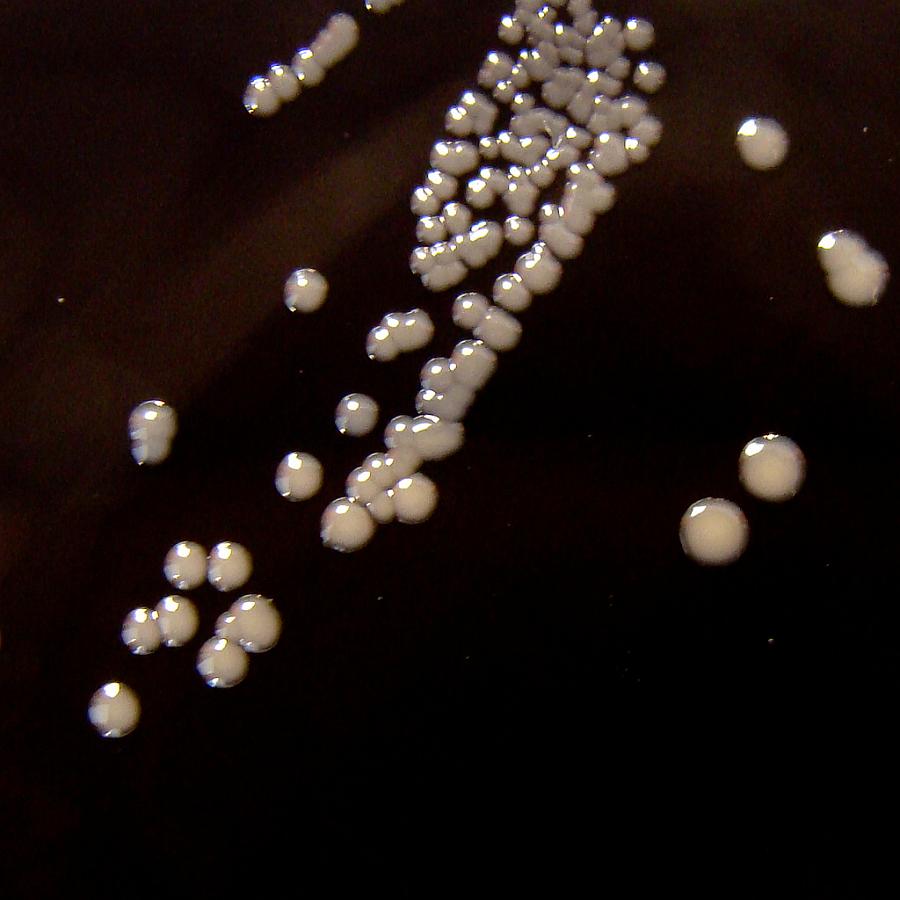Infectious disease is dead. Long live infectious disease

infectious disease n. A disease resulting from the presence and activity of a pathogenic microbial agent. American Heritage® Stedman's Medical Dictionary
For years the “everyone knows” wisdom was that infectious diseases had been conquered in all but a few of those developing countries. It was certainly nothing to concern denizens in the dangerous land of super-sized fast food. So long cholera, hello Mac attacks.
And then AIDS came barreling through and the tuberculosis come-back was fueled in part by increasing resistance to antibiotics. Soon it became the Whack-a-Mole of infectious diseases. Lyme disease and all those little tick-borne rascals, and then West Nile and hantavirus also popped up. And parents began relying more on herd immunity instead of vaccines bringing a resurgence of whooping cough and other previously “vanquished” diseases.
Perhaps it shouldn’t have been a surprise in an era of increased international travel, complacency about antibiotics as the end all be all of treatment, changing climate and the millennia of checkerboard species jumping by viruses and infectious disease.
But has it caught journalism by surprise? Are many journalists so attuned to the study of lifestyle factors fueling the rise of cancer, heart disease and diabetes and the idea that obesity is the true scourge that infectious disease flew under the radar?
Of course it is more nuanced than that – science always is. Although it makes for interesting reading most campers are more likely to get a rash of poison oak or even a tick bite than die from infection by a hantavirus no matter how deadly. And even more people die as a result of chronic disease.
A half century ago, very few thought microbes had anything to do with cancer, heart disease, diabetes or even mental illness. Fast forward nearly half a century where technological advances are intertwined with the increasing knowledge that pathogens are causative or correlated with a large range of chronic diseases. Diseases once thought to be the sole province of lifestyle factors or genetics. This isn’t to say that lifestyle factors and even genetics aren’t important variables in many cases, only that they may not be the entire story. And infectious doesn't always mean contagious.
Chronic disease as infectious disease may be the slow burner story. It rarely makes for splashy headlines. But even the conservative Lancet journal recently published a paper saying 16 percent of cancers are caused by pathogens and evolutionary biologist, Dr. Paul Ewald, believes four fifths may be closer to the mark. And as Dr. Ewald has noted, scientists don't know what causes many diseases. Many researchers are looking at pathogens such as bacteria and viruses.
But, how will they know? A recent paper chronicled the detection and tracking of a hospital infection at the NIH. Washington Post science writer, Brian Vastag tweeted that he found the infection the story not the detective method no matter how interesting.
But is it? Deep sequencing, also known as microbial whole genome sequencing, may revolutionize public health microbiology and how we view and treat chronic diseases or should I say chronic infectious diseases.

